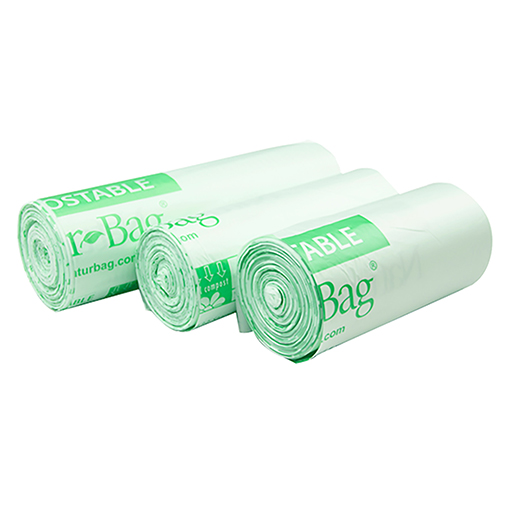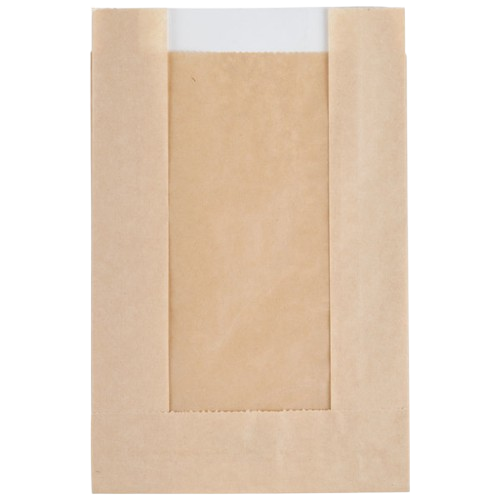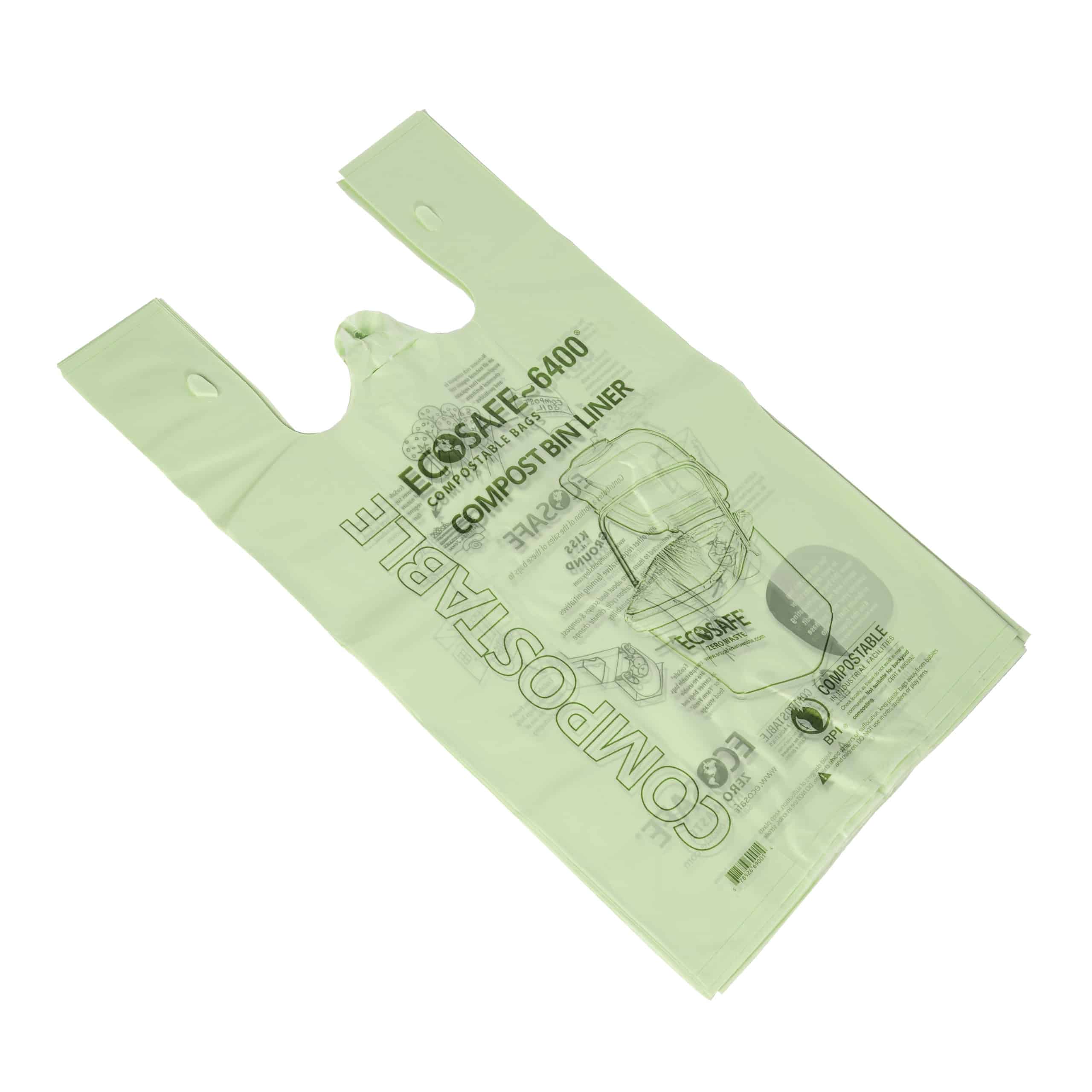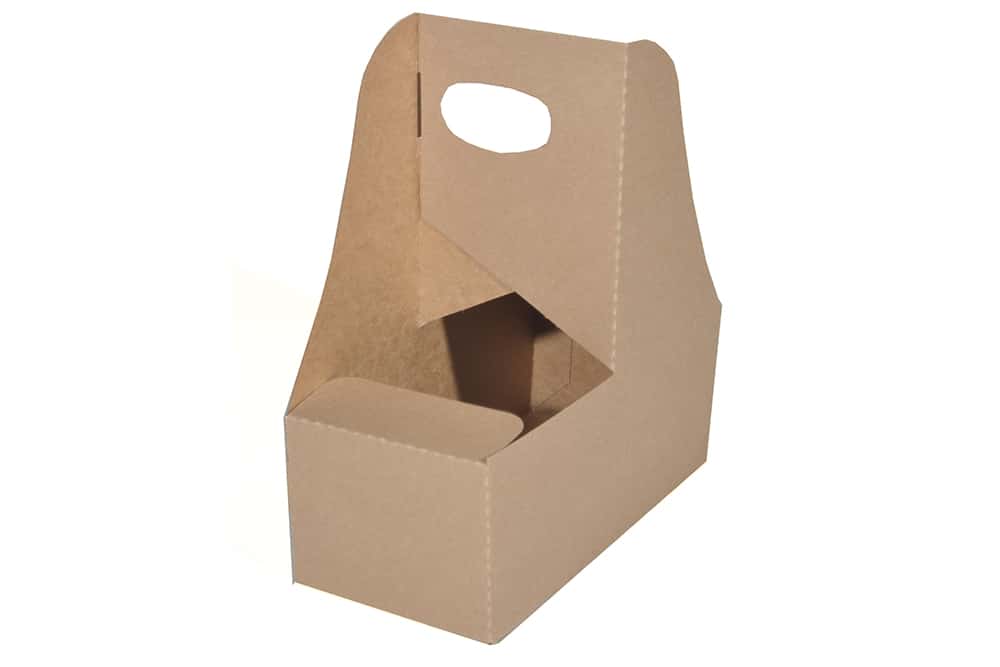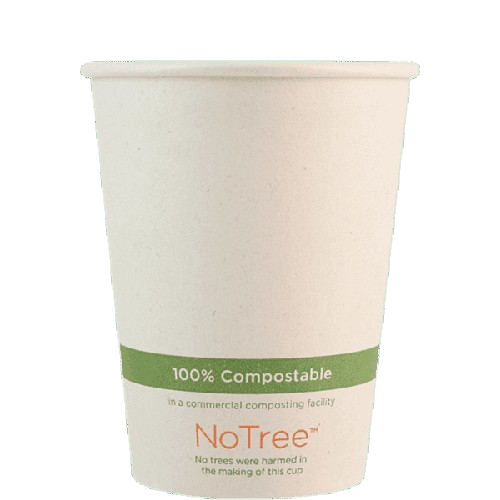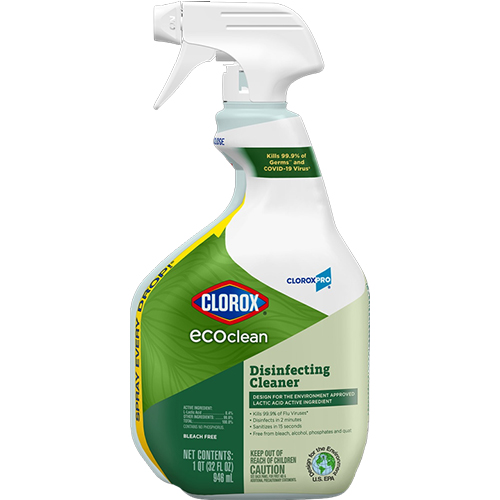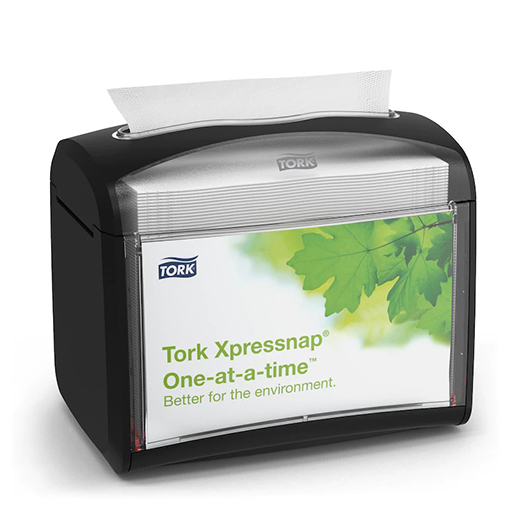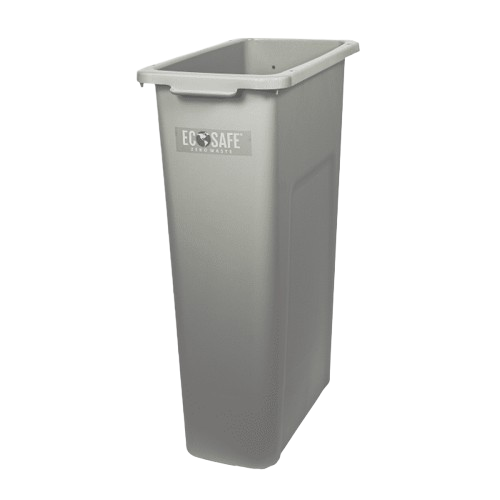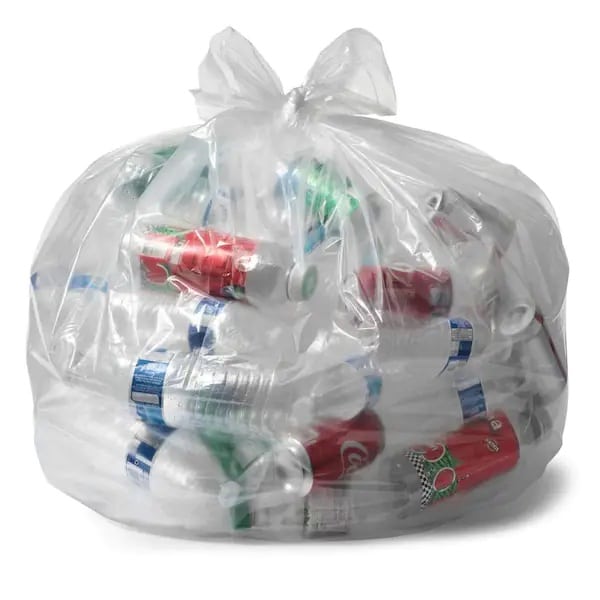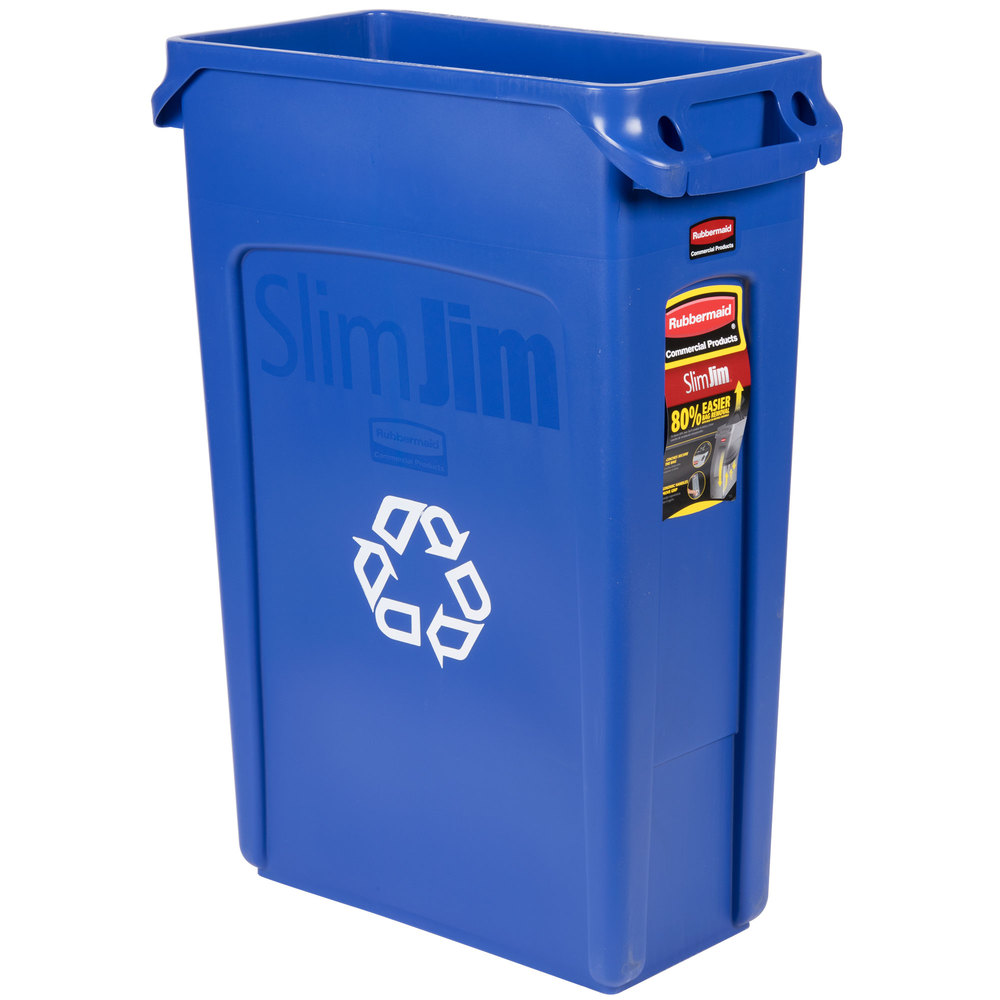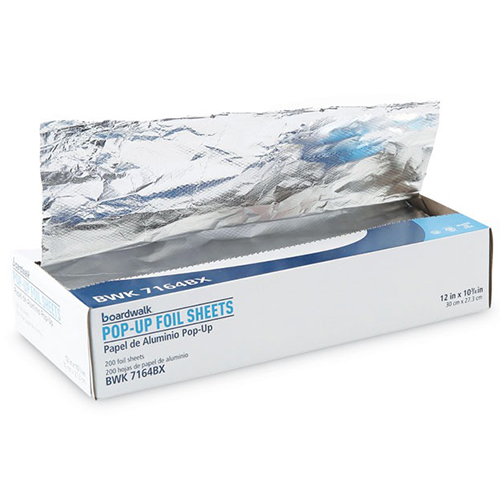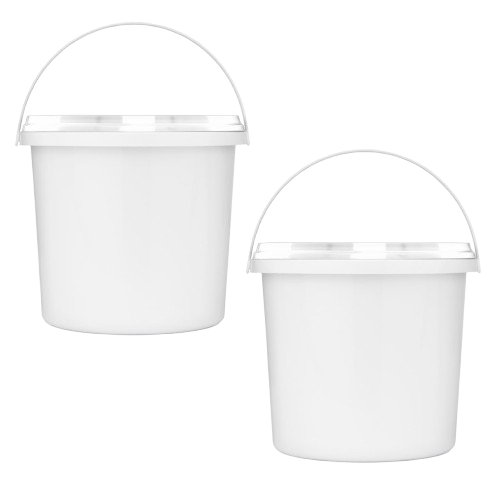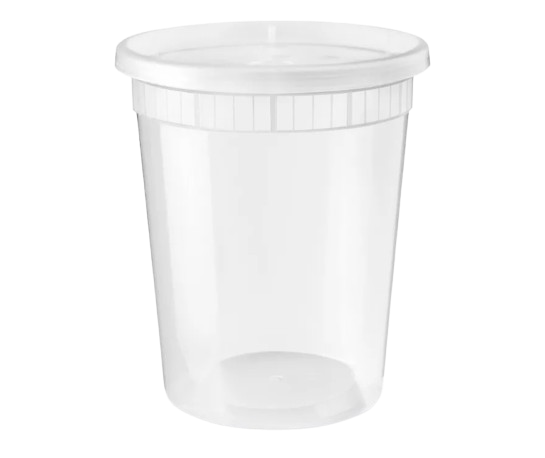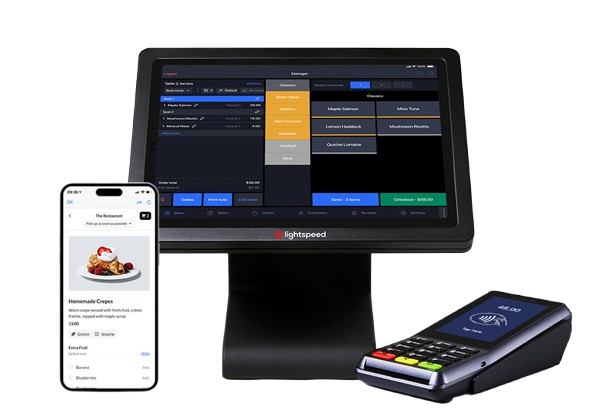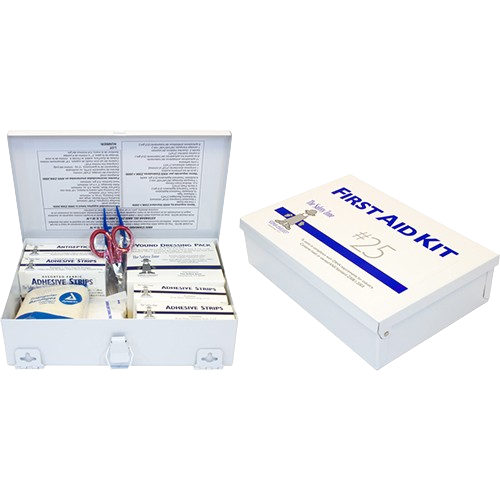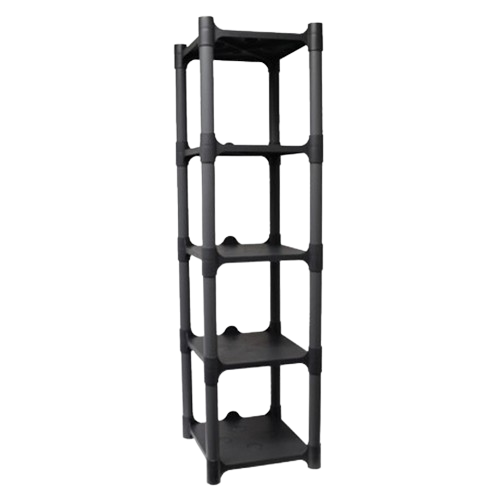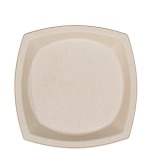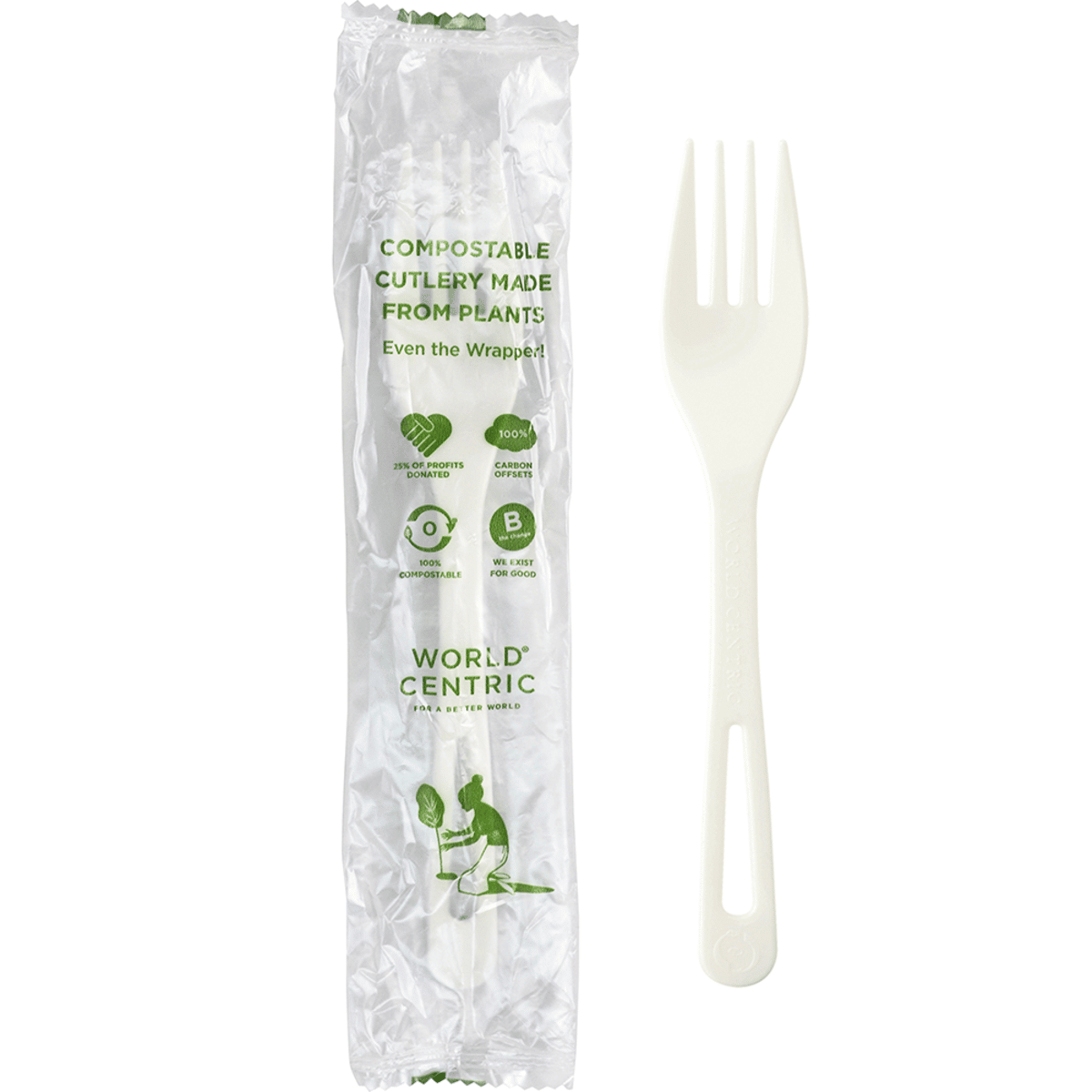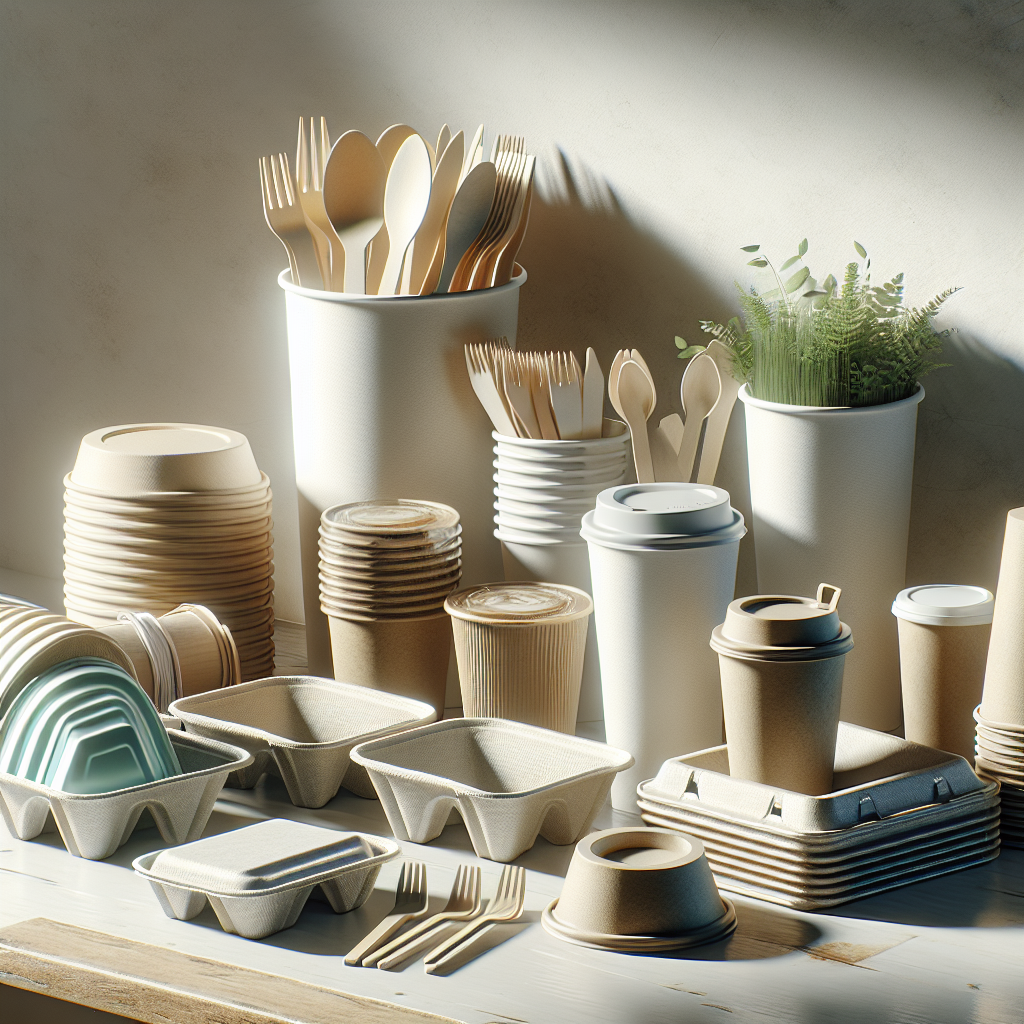
Revolutionize your Restaurant with PHA Bioplastics: Guide to Sustainable Packaging in the Food Service Industry
Transforming Packaging with Bioplastics: A Guide for Restaurant & Hospitality Leaders
Industry Insights Brief: Bioplastics
In recent years, the global bioplastics industry has experienced remarkable growth. Industry developments, particularly around polyhydroxyalkanoates (PHA) bioplastics, innovative production methods, and supportive governmental regulations, have contributed significantly to this surge. For the restaurant and hospitality sectors, adopting sustainable packaging solutions is now more relevant—and rewarding—than ever before. Sustainability-conscious consumers increasingly demand that businesses take environmental responsibility seriously.
Introduction
Sustainability isn’t just a buzzword—it’s quickly becoming an essential operational standard, especially within the restaurant and hospitality industries. Leaders in these sectors are now actively seeking innovative, environmentally-friendly practices to align with mounting consumer expectations and regulatory requirements. Bioplastics have emerged as a promising solution in addressing the industry’s sustainability concerns, particularly in packaging.
This article explores bioplastics extensively, shedding light on their growth, industry relevance, practical benefits, and current regulations. We’ll also highlight their transformative effects on restaurant packaging practices and consumer preferences linked to them.
Understanding Bioplastics
What are Bioplastics?
Bioplastics are made from renewable biomass sources such as vegetable fats, oils, corn starch, and other materials, making them an environmentally-friendly alternative to fossil-fuel-based plastics. Two primary types include bio-based plastics—which may or may not be biodegradable—and fully biodegradable bioplastics. A notable development in biodegradable options is PHA bioplastics, renowned for their comprehensive biodegradability in marine and terrestrial environments.
- Introduction to Bioplastics: Renewable alternatives to traditional plastics, derived from biomass instead of petroleum.
- Types of Bioplastics: Bio-based (partly renewable/non-renewable), biodegradable, compostable.
- Benefits of Bioplastics: Reduced environmental pollution, lower carbon footprints, decreased dependence on nonrenewable resources.
PHA bioplastics, specifically, hold significant promise: they’re naturally produced by microbial fermentation of renewable feedstocks, such as plant sugars and oils. Unlike traditional plastics that linger for centuries, PHA materials degrade naturally without introducing harmful pollutants.
For those curious about PHA bioplastics’ potential, see an in-depth exploration in this ABC News article about their positive environmental impact in Southeast Asia here.
The Growth of Bioplastics Market
- Global Market Trend: The global bioplastics industry is experiencing rapid expansion due to increased demand from eco-conscious businesses and consumers.
- Key Growth Drivers: Technological advancements, growing environmental awareness, and corporate sustainability pledges.
Market indicators project continued growth, particularly fueled by innovations in PHA production and increasing regulatory incentives. Companies, like Danimer Scientific, are even ramping up production capacities drastically, underlining the market’s surge. More information on how these innovations may transform the bioplastics landscape can be found in this article from Plastics Technology here.
Regulatory Support for Bioplastics
- Global Regulatory Landscape: Growing international governmental support to create a circular economy and reduce plastic waste.
- Example Policies: The European Union’s Single-Use Plastics Directive, emphasizing sustainable alternatives and responsible waste disposal.
This regulatory push distinctly supports bioplastics’ market introduction by incentivizing adoption and creating environments conducive to more extensive investment and research.
How Bioplastics is Revolutionizing the Restaurant and Hospitality Industry
Emerging Trends in Packaging
- Rise of Sustainable Packaging: Restaurants increasingly adopt sustainable alternatives, driven by consumer demand and regulatory incentives.
- The Role of Bioplastics: They offer an effective solution as sustainable packaging materials, especially as viable alternatives to single-use plastic bags.
The Role of Consumer Preferences
- Growing Consumer Awareness: Diners increasingly prefer businesses with eco-friendly practices and sustainable packaging.
- Bioplastics Appeal: Environmentally-minded consumers positively respond to businesses implementing eco-conscious measures, often increasing loyalty and fostering positive brand reputation.
Businesses must recognize that adopting bioplastics satisfies consumer values, thus enhancing brand trust and appeal among eco-conscious customers.
The Scope for Bioplastics in Food Service
- Practical Uses: Restaurants, cafes, bars, and hospitality businesses can adopt biodegradable bioplastics for cups, straws, utensils, takeout containers, and various packaging solutions.
- Examples: Products like sandwich paper packaging, sustainable beverage containers (such as the versatile unicup), and packaging options using innovative pha material offer practical choices. Adopting wholesale biodegradable packaging can facilitate these implementations considerably.
By leveraging bioplastics’ versatility, NYC’s dynamic restaurant and hospitality businesses can significantly reduce environmental footprints while simultaneously enhancing customer satisfaction and market differentiation.
Conclusion
Bioplastics represent an achievable, realistic solution for the restaurant and hospitality industry striving to align operational practices with sustainable standards. As evident from key industry insights, embracing bioplastics satisfies consumer preferences, adheres to emerging regulatory frameworks, and significantly reduces environmental impact. Leaders in hospitality and food service should see bioplastics not just as a passing trend but a strategic opportunity to solidify their market positioning.
Transition to Sustainable Packaging with SupplyClub
At SupplyClub, we’re committed to offering tangible solutions for businesses seeking sustainable packaging alternatives. Our comprehensive range of bioplastics and eco-friendly supplies caters specifically to restaurants, cafes, bars, and hospitality establishments in New York City aiming to transition responsibly to sustainable practices.
Ready to explore how bioplastics can revolutionize your operation? Begin your sustainability journey with SupplyClub today by contacting our dedicated team and discovering packaging solutions tailored perfectly to your business needs.




